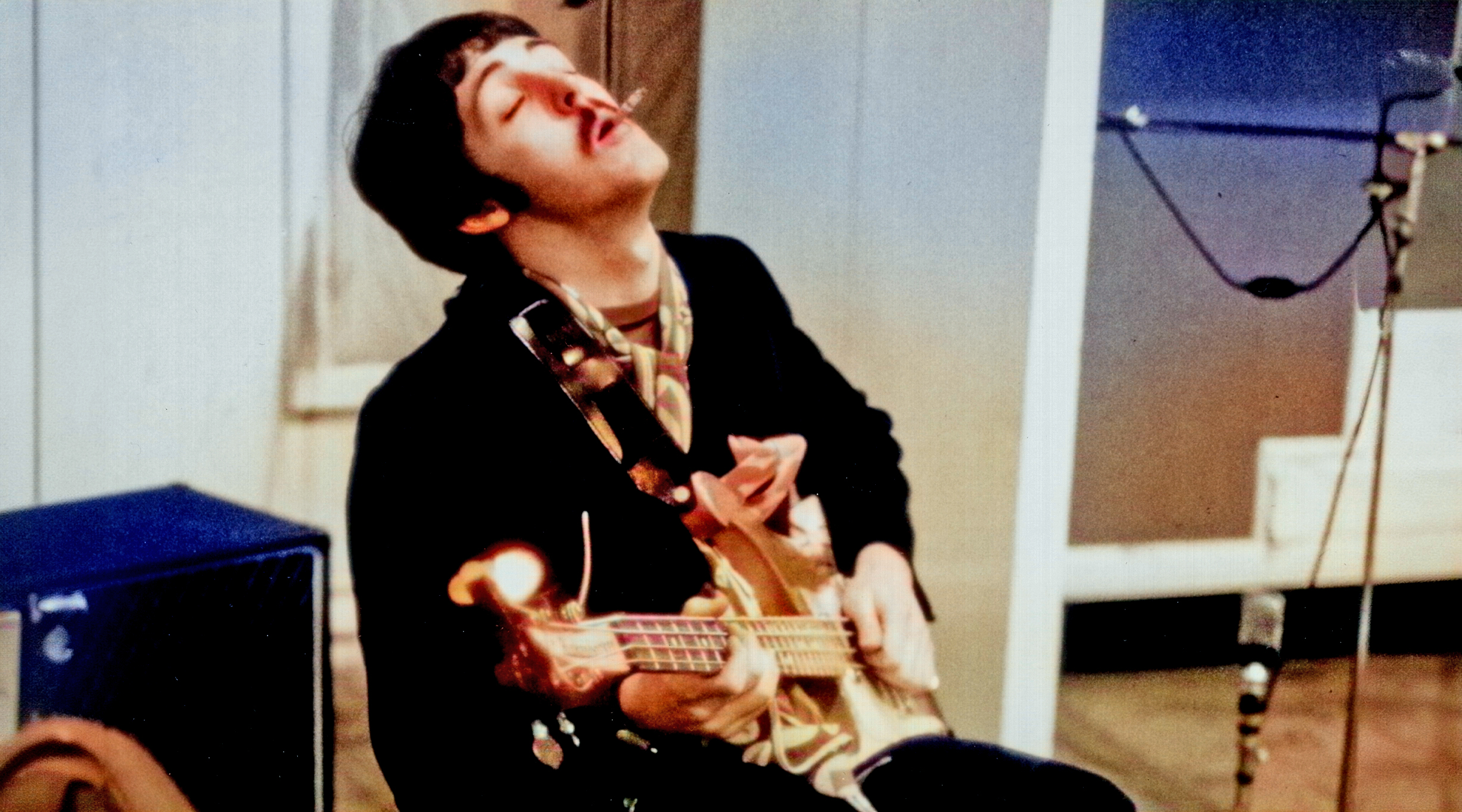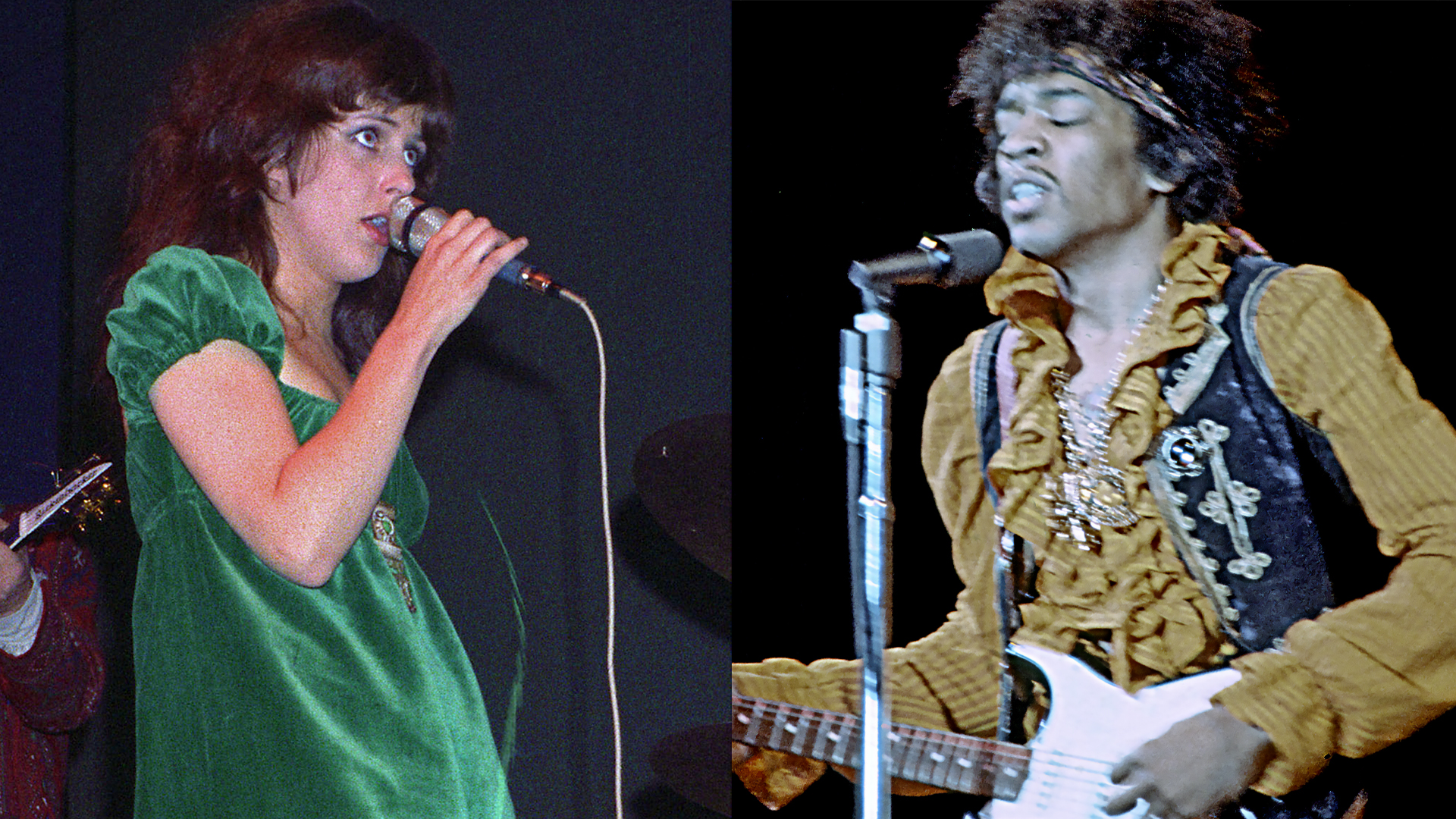"We tried everything we could to dirty it up." Why the Beatles couldn't have made "Helter Skelter" without the Who
McCartney was seduced by the idea of a “screaming record” after reading about the Who, and said the Beatles cut their track “in madness and hysterics”

Few songs can claim to be ground zero for heavy metal. Black Sabbath’s eponymous 1969 album opener is largely accepted as the genre’s starting point, but Blue Cheer's "Summertime Blues," released in January 1968, also bears substantial sonic weight.
And then there's "Helter Skelter," the Beatles dark and savage hard rocker from 1968's White Album. While it was recorded and released after Blue Cheer's disc, it enjoyed a much larger audience and had more staying power and influence over the long haul.
With its driving rhythms and erratically performed vocals, "Helter Skelter" is primal enough to be considered a metal song. But, oddly, the Beatles couldn't have explored such musical depths were it not for another group of rockers: the Who.
Paul McCartney, the song’s chief songwriter, regularly looked outward for inspiration. His 1965 composition “Michelle,” for instance, was written as an imitation of French cabaret, while “Got to Get You into My Life,” from 1966's Revolver, was steeped in Motown flavors.
For “Helter Skelter,” he looked to the Who, a band that was proving violent and rambunctious in the studio and on the stage.
In fact, McCartney was a little jealous of how animalistic Pete Townshend and company would get. As he once revealed, he “read a review [of a Who record] which said, ‘And this group really got us wild, there’s echo on everything, they’re screaming their heads off.’
“I just remember thinking, ‘Oh, it’d be great to do one. Pity they’ve done it. Must be great— [a] really screaming record.’
Get The Pick Newsletter
All the latest guitar news, interviews, lessons, reviews, deals and more, direct to your inbox!
"And then I heard their record, and it was quite straight, and it was very sort of sophisticated.”
Considering that the "Helter Skelter" recording began in May 1968, it's possible McCartney is referring to The Who Sell Out, which was released in late 1967. The most likely candidate from that album is the hit single "I Can See for Miles."
Either way, the surprisingly classy record, to McCartney at least, left the door wide open for the Beatles to deliver the kind of song he’d expected it to be full of.
"Helter Skelter" started life as a bluesy jam on acoustic guitar, which the band toyed with while preparing to record "Blackbird" at Abbey Road. It would go through several iterations of heaviness before landing the right punch. The initial jams took place on July 18, 1968, with McCartney on guitar and John Lennon on bass. The longest jam captured that day is said to have lasted over 27 minutes.
They returned to the recording on September 9 and 10. In his 1994 memoir, Many Years From Now, McCartney reflected on how the song was tracked “in total madness and hysterics”.
“We got the engineers and [the producer] to hike up the drum sound and really get it as loud and horrible as it could,” he said. “We tried everything we could to dirty it up, and in the end, you can hear Ringo say, ‘I’ve got blisters on my fingers!’ That wasn’t a joke put-on: His hands were actually bleeding at the end of the take, he’d been drumming so ferociously.”
The band never produced anything as frantic and maniacal again, and on an album that also offered songs as delicate as “Blackbird," it shows the quartet’s creativity and versatility in spades.
Whether the song is heavy metal remains up for debate, but the Who, and a perhaps slightly verbose music journalist, can be credited for inspiring a wildcard Beatles’ hit.
Meanwhile, Guitar Player has recently explored the White Album song that nearly landed the Beatles in hot political water and how a candid moment caught on camera led to the final Beatles song ever recorded. In related news, Pete Townshend has suggested he may turn to AI to silence the Who fans that want him to repeatedly relive his '70s heyday.
A freelance writer with a penchant for music that gets weird, Phil is a regular contributor to Prog, Guitar World, and Total Guitar magazines and is especially keen on shining a light on unknown artists. Outside of the journalism realm, you can find him writing angular riffs in progressive metal band, Prognosis, in which he slings an 8-string Strandberg Boden Original, churning that low string through a variety of tunings. He's also a published author and is currently penning his debut novel which chucks fantasy, mythology and humanity into a great big melting pot.
“We went from playing high school dances once or twice a month to playing six nights a week.” Alex Lifeson tells how one change helped Rush’s career take flight
“Yeah, that's good. You got it." Andy Summers teaches John Mayer how to play the most challenging guitar riff in the Police catalog












